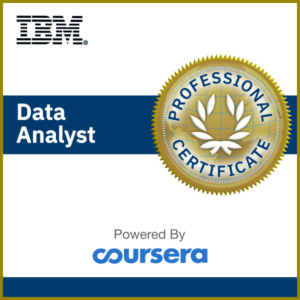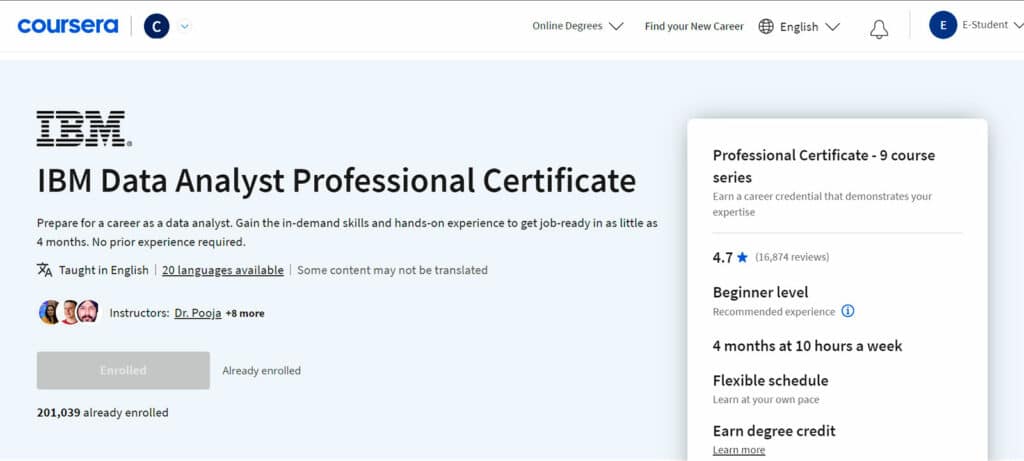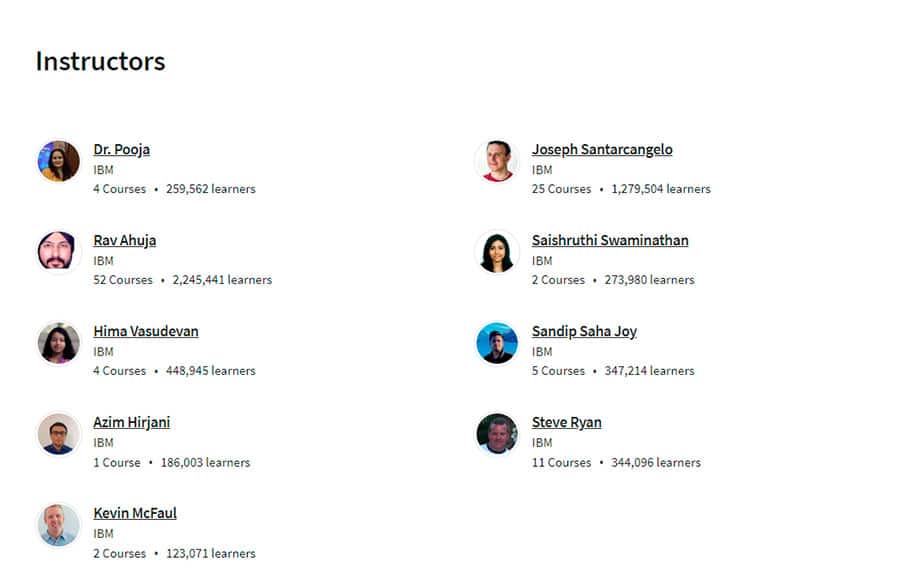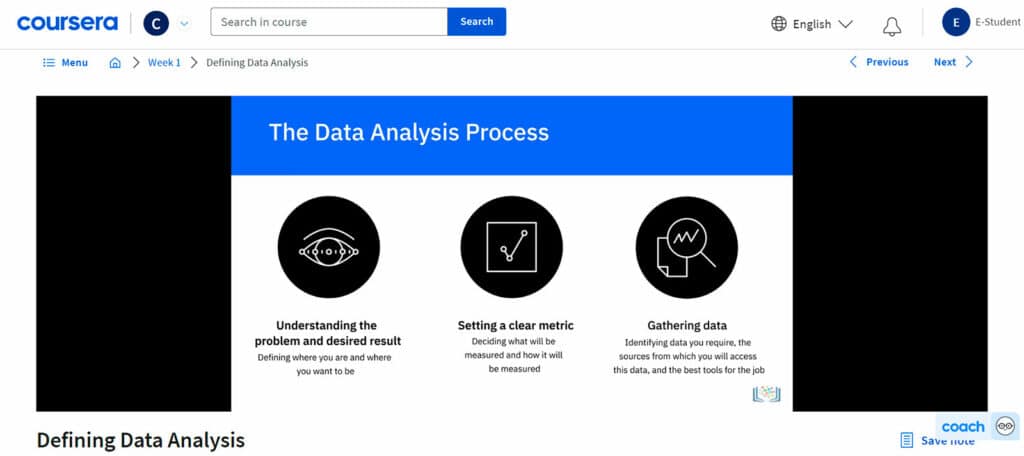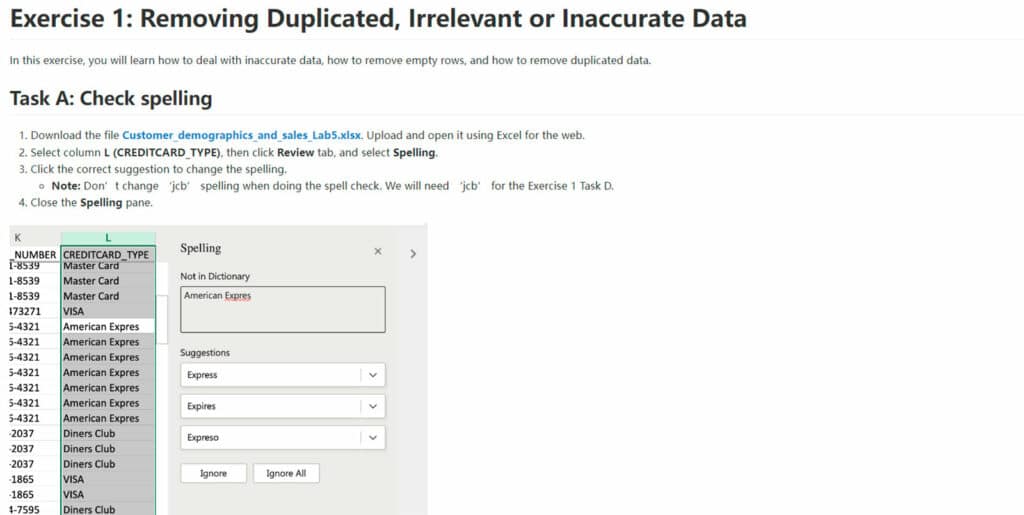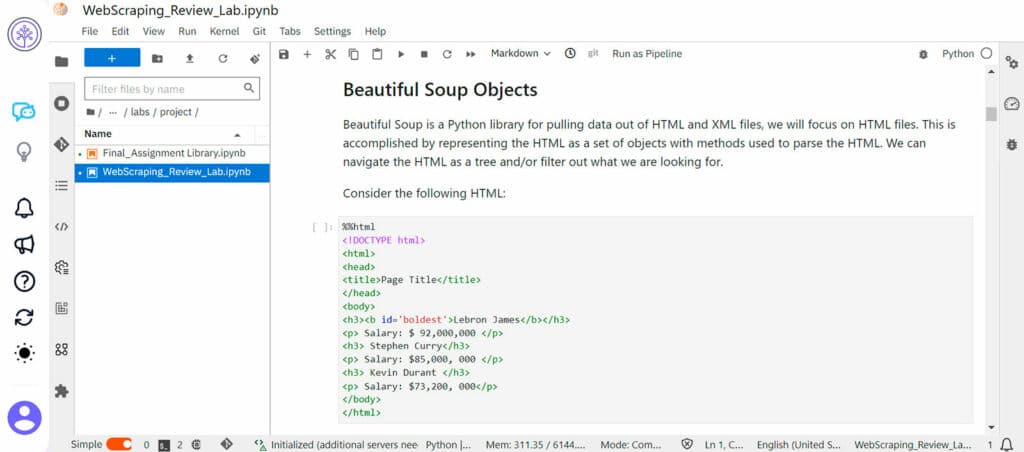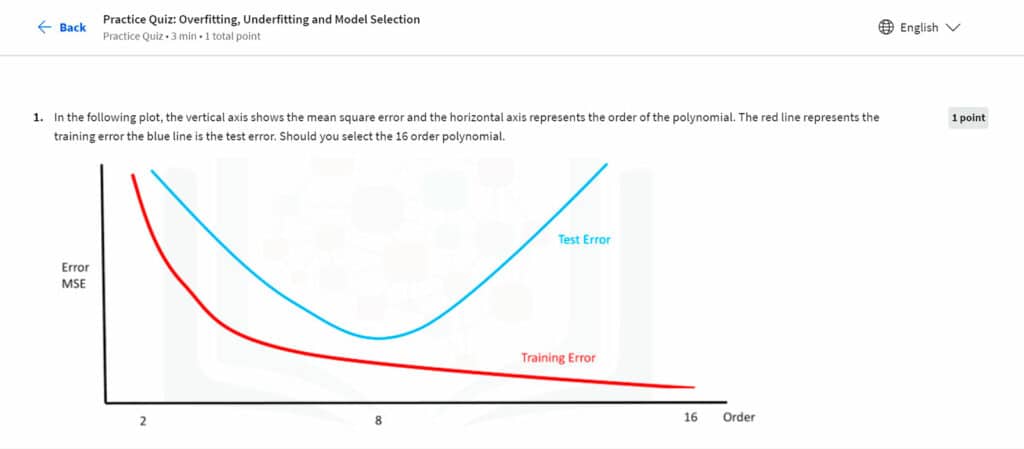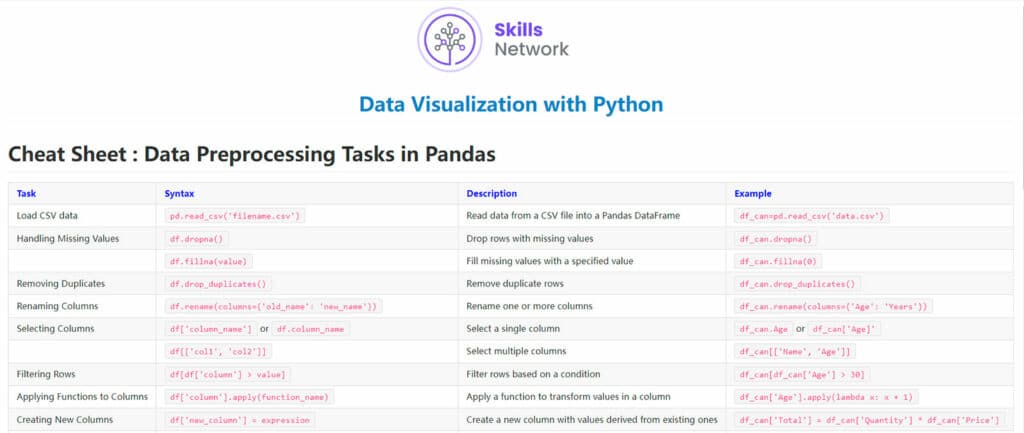In “Data Visualization and Dashboards with Excel and Cognos,” participants dive into the art of visual storytelling with data. Over the course of fourteen hours, learners explore various visualization techniques using Microsoft Excel spreadsheets and Cognos Analytics. The course covers a range of topics, including creating basic visualizations such as line graphs, bar charts, and pie charts using Excel, as well as constructing advanced visualizations such as treemaps, sparklines, histograms, and scatter plots.
The curriculum begins with the basics of data visualization in Excel, covering essential chart types like line, pie, and bar charts. As learners progress, they delve into more advanced visualizations, including Treemaps, Scatter Charts, Histograms, Filled Map Charts, and Sparklines. Additionally, the course explores the Excel PivotChart feature and guides learners in assembling multiple visualizations into a cohesive dashboard. Participants also learn the importance of storytelling with data and how to build interactive dashboards using Excel and Cognos Analytics to communicate insights effectively. A significant portion of the course is dedicated to utilizing business intelligence (BI) tools like Cognos Analytics to create interactive dashboards.
Through a series of practical exercises and real-world scenarios, learners gain hands-on experience in crafting compelling visual narratives that drive informed decision-making. The module culminates in a final project where learners create a set of data visualizations and an interactive dashboard for their portfolio, which can be shared with peers, professional communities, or prospective employers. Participants are equipped with the skills to transform raw data into meaningful visualizations and dashboards that resonate with stakeholders. This helps participants gain an understanding of the pivotal role data visualizations play in communicating data analysis findings effectively.
Overall, Data Visualization and Dashboards with Excel and Cognos offer participants a comprehensive overview of data visualization techniques and tools. Whether you are a data analyst, business professional, or aspiring data visualization specialist, this course provides valuable insights and practical skills to elevate your data storytelling abilities and make a lasting impact with your data visualizations.

